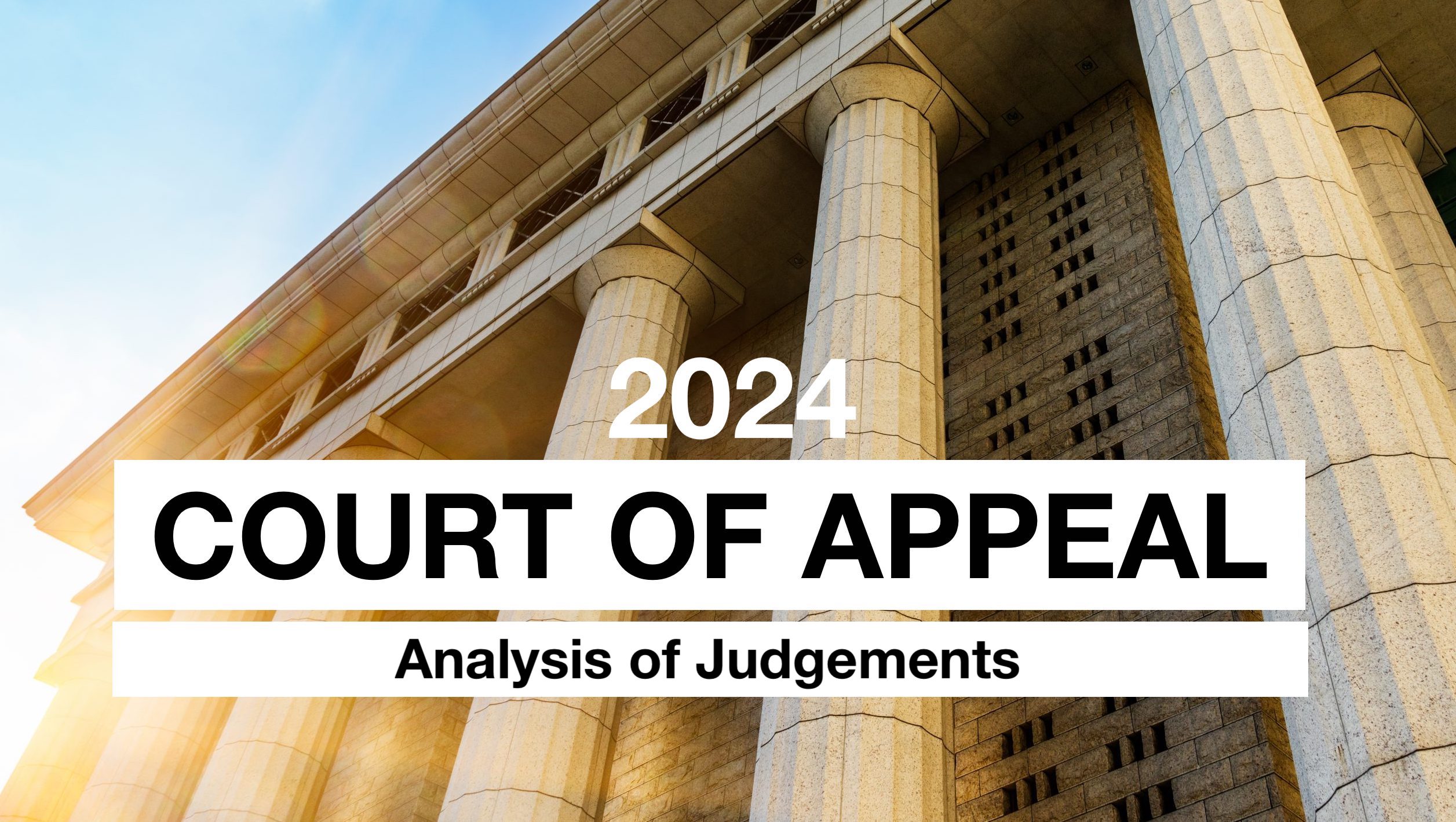1. Introduction
Ms. Daisy Pieris and Others V H.A. Pieris and Others. Court of Appeal
CA/Leave to Appeal/69/2006,
Section 255 (c)and (f) of the Companies Act 17 of 1982 – Laches- Once a Winding up Order is made, the Directors cease to be in control of the Company – new ground cannot be considered for the first time in appeal.
This case concerns an appeal and revision application related to the winding-up of Imperial Medical Stores Limited. The matter primarily involves disputes over the liquidation process and the sale of company property. The key issue is the challenge to the District Court’s decision to approve the sale of assets to the highest bidder, Ram Brothers (Pvt) Limited.
2. Case Background
- Parties:
- Contributory Petitioner: Ms. Daisy Pieris challenged the liquidation process, alleging misconduct and improper handling of the asset sale.
- Liquidators: Joint liquidators from KPMG Ford Rhodes Thornton & Co., responsible for overseeing the company’s winding-up process.
- Intervenient Respondent: Ram Brothers (Pvt) Limited, the highest bidder for the property.
- Contributory Respondents: H.A. Pieris and Gamini Pieris, other shareholders in the company.
- Chronology:
- 1998: The District Court ordered the winding-up of Imperial Medical Stores Limited due to shareholder disputes.
- 2004: Liquidators advertised the sale of company assets, receiving bids through a public tender.
- January 2005: The District Court approved the sale of assets to Ram Brothers as the highest bidder.
- March 2005: The sale was finalized, with the purchase price fully paid.
- Subsequent Proceedings: Ms. Daisy Pieris contested the sale, alleging fraud and misconduct but failed to raise timely objections during earlier proceedings.
3. Legal Issues
The following issues were analyzed during the proceedings:
- Validity of the Sale Process:
- Was the sale conducted transparently and in compliance with legal and procedural norms?
- Did the liquidators act within their statutory powers?
- Jurisdictional Authority:
- Did the District Court have the jurisdiction to approve the sale?
- Were court directions followed appropriately by the liquidators?
- Conduct of Liquidators:
- Were allegations of fraud, manipulation, or misconduct substantiated?
- Did liquidators fulfill their fiduciary duties to the contributories?
- Doctrine of Laches:
- Should the petitioner’s delayed objections bar her from obtaining relief?
- Scope of Appeal and Revision:
- Were the grounds raised in the appeal and revision valid and within the permissible scope of review?
4. Key Findings of the Court
- Approval of Sale:
- The sale of the property was conducted through a public tender process, advertised in all three official languages.
- Ram Brothers (Pvt) Limited emerged as the highest bidder, fulfilling payment obligations in March 2005.
- The District Court approved the sale, and no timely objections were raised by any contributory, including the petitioner.
- Jurisdiction and Compliance:
- The District Court acted within its jurisdiction under Section 277 and Section 278 of the Companies Act No. 17 of 1982.
- Liquidators adhered to statutory requirements, obtaining court approval for advertising and finalizing the sale.
- Allegations of Misconduct:
- The petitioner’s allegations of fraud and manipulation were unsupported by evidence.
- These issues were not raised in the District Court proceedings and could not be introduced at the appellate stage.
- Doctrine of Laches:
- The petitioner was present during the January 2005 hearing approving the sale but failed to object or raise concerns.
- The petitioner’s delayed actions, despite having full knowledge of the proceedings, constituted undue delay, barring her from relief.
- Appeal and Revision:
- New grounds involving mixed questions of law and fact cannot be raised for the first time on appeal.
- The petitioner failed to demonstrate gross injustice or procedural irregularities warranting appellate intervention.
5. Legal Principles and Precedents
The Court applied established legal doctrines and precedents to resolve the case:
- Finality of Consent Orders:
- The January 2005 order approving the sale was a consent order. Without evidence of fraud or duress, such orders are binding and final.
- Doctrine of Laches:
- Courts deny relief to parties who delay actions unreasonably, particularly when the delay prejudices others or disrupts judicial processes.
- Limited Scope of Revision:
- Revisionary jurisdiction is invoked only for correcting errors of jurisdiction or gross injustice.
- The appellate court does not serve as a forum for rehearing cases or introducing new issues.
- New Grounds in Appeal:
- Issues not raised in the trial court cannot be introduced on appeal unless they involve pure questions of law.
6. Implications
- For Liquidators:
- Reinforces the importance of transparency and adherence to statutory requirements during liquidation.
- Highlights the need for timely reporting and court approvals for critical decisions.
- For Contributories:
- Stresses the necessity of timely participation in judicial proceedings to protect interests.
- Demonstrates that objections must be raised at the earliest opportunity to be considered valid.
- For Judicial Process:
- Affirms the principles of finality and efficiency in court proceedings.
- Ensures that appellate courts do not become platforms for relitigating settled matters.
7. Recommendations
- Strengthened Oversight:
- Introduce stricter guidelines for liquidators to ensure procedural compliance and transparency.
- Establish independent audits for asset sales in court-supervised liquidations.
- Enhanced Communication with Contributories:
- Liquidators should provide regular updates to contributories to prevent disputes.
- Mandatory shareholder meetings could be introduced for significant decisions.
- Judicial Efficiency:
- Encourage timely filing of objections and appeals to prevent procedural delays.
- Introduce penalties for frivolous or delayed challenges that disrupt proceedings.
8. Conclusion
The Court of Appeal upheld the decisions of the District Court, affirming the validity of the sale and dismissing both the appeal and revision applications with costs. This case highlights the judiciary’s commitment to upholding procedural fairness and statutory compliance while discouraging undue delays and frivolous litigation. The judgment serves as a guiding precedent for managing corporate liquidation disputes effectively.
Read Full Judgement














